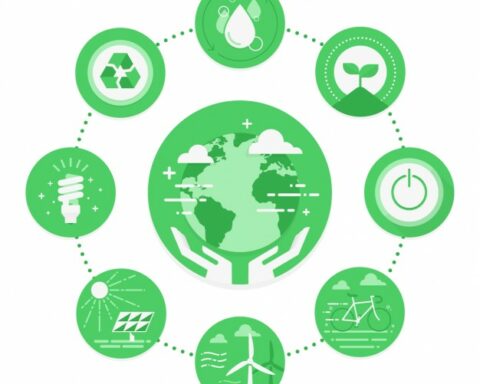The Sustainable Development Goals (SDGs), also known as the Global Goals, are a set of universal objectives adopted by the United Nations to promote a better future for all. They were officially adopted in September 2015 as part of the 2030 Agenda for Sustainable Development. The SDGs apply to all countries and address a wide range of global challenges, including poverty eradication, healthcare, education, gender equality, clean water, clean energy, climate action, peace and justice, and more.
There are 17 SDGs with a total of 169 targets. Here are the 17 main goals:
No Poverty: End poverty in all its forms everywhere.
Zero Hunger: End hunger, achieve food security and improved nutrition, and promote sustainable agriculture.
Good Health and Well-being: Ensure healthy lives and promote well-being for all at all ages.
Quality Education: Ensure inclusive and equitable quality education and promote lifelong learning opportunities for all.
Gender Equality: Achieve gender equality and empower all women and girls.
Clean Water and Sanitation: Ensure availability and sustainable management of water and sanitation for all.
Affordable and Clean Energy: Ensure access to affordable, reliable, sustainable, and modern energy for all.
Decent Work and Economic Growth: Promote sustained, inclusive, and sustainable economic growth, full and productive employment, and decent work for all.
Industry, Innovation, and Infrastructure: Build resilient infrastructure, promote inclusive and sustainable industrialization, and foster innovation.
Reduced Inequality: Reduce inequality within and among countries.
Sustainable Cities and Communities: Make cities and human settlements inclusive, safe, resilient, and sustainable.
Responsible Consumption and Production: Ensure sustainable consumption and production patterns.
Climate Action: Take urgent action to combat climate change and its impacts.
Life Below Water: Conserve and sustainably use the oceans, seas, and marine resources for sustainable development.
Life on Land: Protect, restore, and promote sustainable use of terrestrial ecosystems, sustainably manage forests, combat desertification, and halt and reverse land degradation and halt biodiversity loss.
Peace, Justice, and Strong Institutions: Promote peaceful and inclusive societies for sustainable development, provide access to justice for all, and build effective, accountable, and inclusive institutions at all levels.
Partnerships for the Goals: Strengthen the means of implementation and revitalize the global partnership for sustainable development.
The SDGs serve as a blueprint for a better future and call for global cooperation, involving governments, businesses, civil society organizations, and individuals to achieve these goals by 2030. They provide guidance for addressing some of the world’s most pressing challenges and creating a more just and sustainable world for future generations



